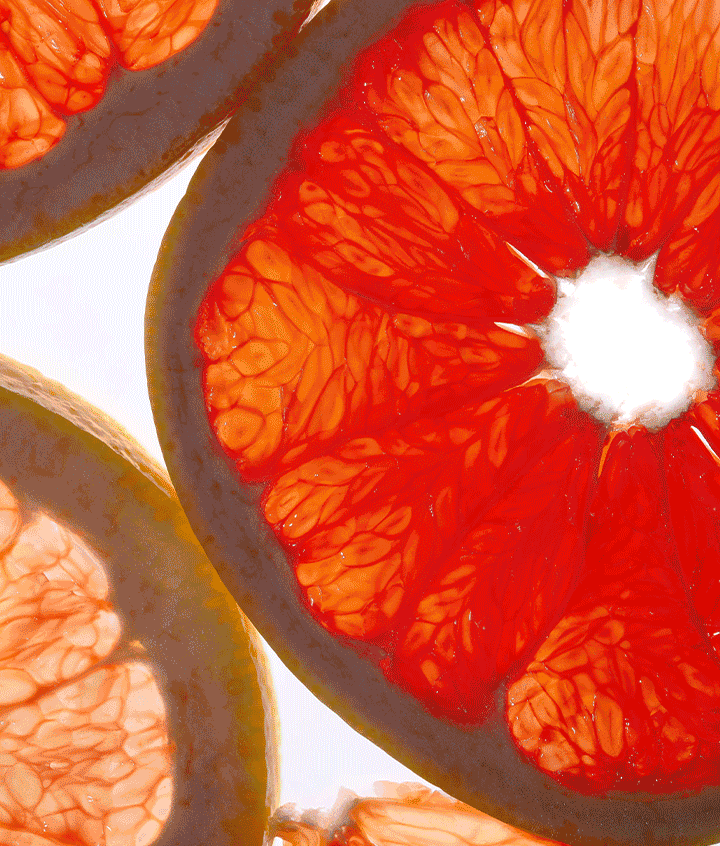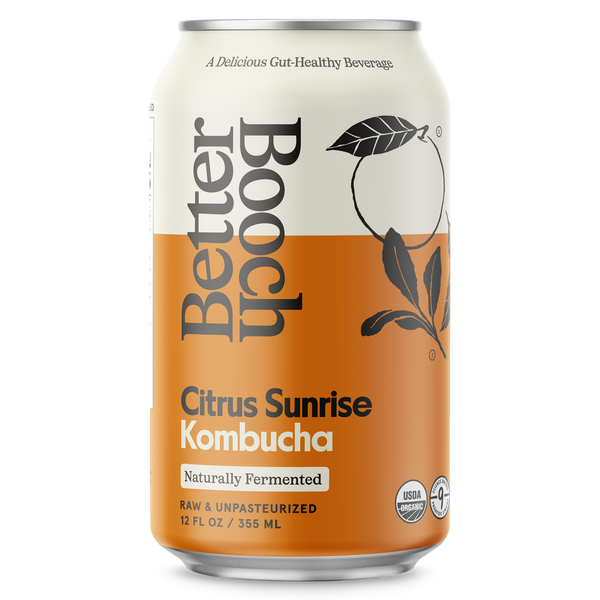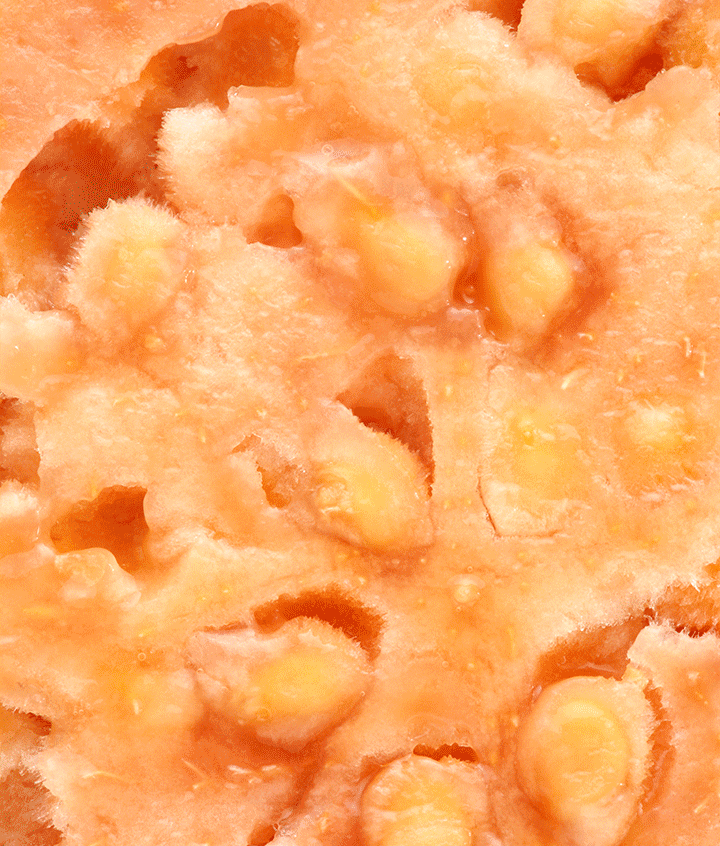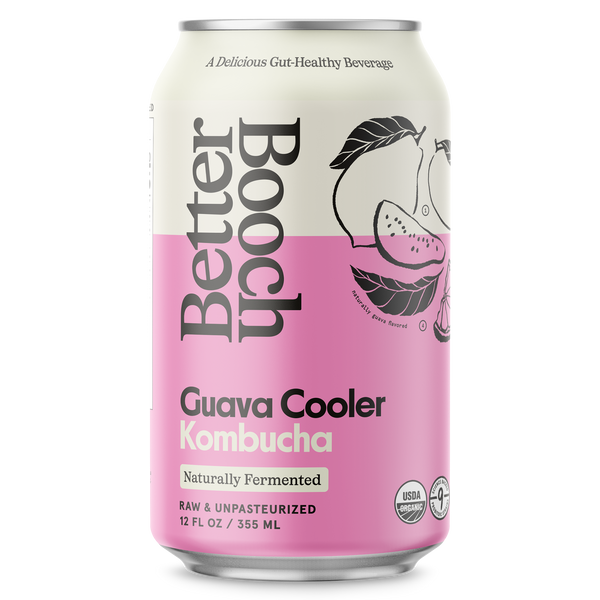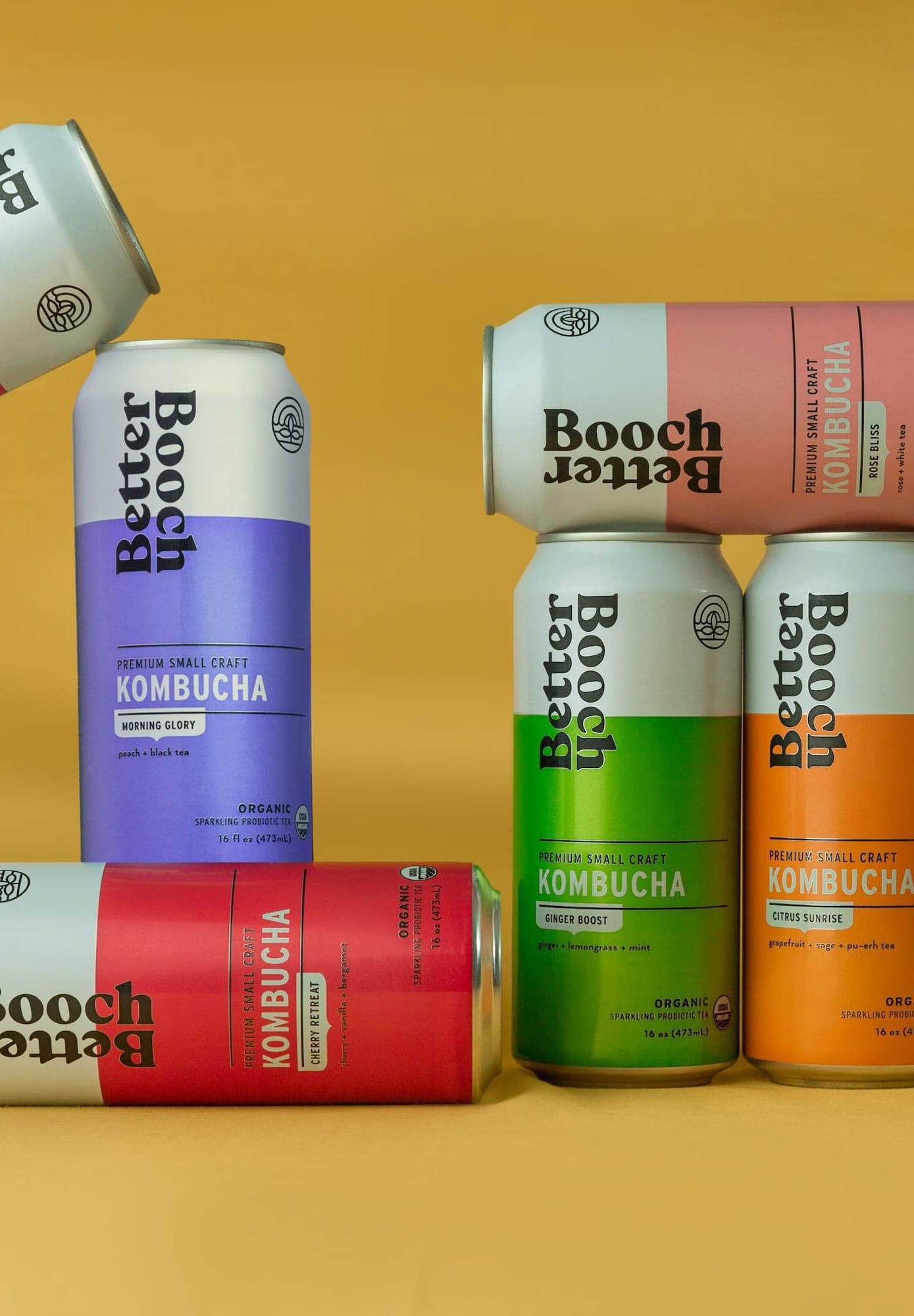We had the great pleasure of sitting down with Chinese medicine practitioner Ivy Lee, who’s clinical practice Luminae Wellnes offers virtual consults to help support physical health and emotional well being. We covered it all; from the fundamentals to daily rituals, to using food as medicine, to herbal remedies, and more.
There’s a lot that can be shared about strengthening your body and boosting immunity and we’re excited to share Ivy’s wisdom with you today. We hope that you feel empowered with your health and share these tips with your loved ones if you find them beneficial. So, to start things off Ivy is going to teach us the fundamentals of wellness, like how we can nourish our bodies with food and sleep. Because it’s important to have a strong foundation before relying on things like herbs or supplements for a “quick fix.”
What’s something accessible we could do to safeguard ourselves from COVID-19 and flus in general?
In Chinese medicine, it’s not just about avoiding exposure to viruses and bacteria. It’s also about strengthening our bodies, so if we are exposed then our body has the ability to fight it off. With this practice, symptoms can be more mild and the symptoms won’t become as severe or fatal. Luckily, there’s a lot we can do to strengthen our bodies and boost our immunity, in addition to avoiding exposure by washing our hands frequently and social distancing.
How to use food as medicine
Food is really important, it’s like medicine. Medicine that we take daily. With food we can help balance our body and strengthen our digestive system which helps our immune system. There are certain foods that are beneficial and certain foods that are not. COVID-19 is a pathogen that has a damp quality which is why symptoms include a dry cough because the mucus is so thick that it can’t get out.
So it’s helpful to avoid foods that contribute extra dampness in the body; foods like:
- Sugar
- Dairy
- Cheese
- Processed foods
- Breads and pastries
These foods tend to be inflammatory, so when you’re focused on boosting your immunity try to avoid these as much as possible. If you’re craving something sweet, try an alternative like baked sweet potatoes or apples with some honey. It can also be beneficial to look at the emotional aspect of your cravings, for example if you’re craving something sweet it could mean that you’re lacking nourishment emotionally. Try calling a loved one or friend to find that nourishment and connection, instead of turning to sweets.
Some foods that are really helpful are foods that affect Wei Qi (which is protective Chi) and can be likened to the immune system; food like:
- Ginger
- Garlic
- Scallions
- Mushrooms
- Bone broth
- Congee (rice porridge)
- Fermented foods with healthy probiotics like kimchi, sauerkraut, and kombucha
These foods have antiviral and antimicrobial properties so we can start to include those ingredients in our cooking.
Additionally, it’s important to support liver function since your liver helps rid the body of toxins. Certain green leafy vegetables can help boost your liver functionality, like:
- Kale
- Collard greens
- Mustard greens
- Green chard
Using food as medicine is something we can practice daily.


Easy recipes for using food as medicine
- Quick stir fry: Chop up some seasonal and organic vegetables, toss with ginger, garlic, and scallions, and include a lean protein to make an easy stir fry.
- Healthy omelette: In the mornings, make an omelette with mushrooms, scallions, and kale.
- Congee: Cook 1 part white rice with 5 parts water and cook it over the stove until it’s mushy, about an hour. This porridge is a great base to add vegetables and proteins to, plus it’s very easy to digest!
Sleep is really important for immunity
To help your immune system, you need sufficient Chi and if you’re sleep deprived you won’t have enough Chi. It’s recommended that you get 8 hours of sleep per night but you may need more or less. You may need more rest if you’re working a lot, are stressed, or feeling a lot of emotions.
To get more rest you can think about getting more sleep in the night, taking a nap during the day, or finding moments to rest without being preoccupied with being productive. Being still and present is also a great way to rest.
Herbal medicine can be very effective when used appropriately
Once you start using food as medicine in your daily routine and you’re getting enough rest, you can start to incorporate herbs in your wellness practice. Each herb has specific properties, what it’s good for the contraindication and the situation that it’s appropriate for. Just like with pharmaceutical medicine, you consult with your physician to get prescribed the correct medicine, herbs are prescribed based on differential diagnosis. So, if you want to use herbs, it’s important to consult with an herbalist to review your health history, any symptoms you may have, and any contraindications, so that they can make recommendations for the appropriate herbs for you.
Herbal medicine can be very potent and effective when used appropriately, but it can also be very harmful when not used appropriately. So it’s really important to speak with an herbalist to get guidance on herbal medicine.
Herbs that can be beneficial for immunity and calming
With that said, there are certain herbs that can be very beneficial for immunity. Like culinary herbs that can be used in cooking, such as:
- Rosemary
- Oregano
- Thyme
These herbs can help your respiratory and immune systems and chances are you may already have some in your backyard or spice cabinet!
Emotions and anxiety are at a high right now but there are some herbs that can help with calming, like:
- Chamomile
- Tulsi
- Lemon balm
The herbs you take to boost immunity when you’re healthy are different from the herbs that you take when you’re not feeling well
It’s important to understand that the herbs you take to boost your immune system when you’re healthy and well are different from the herbs that you take when you’re sick and have symptoms. If you’re not feeling well, consult with an herbalist before using the herbs stated here.
For instance, if you’re healthy and well, elderberry can be a great supplement to incorporate into your daily routine. However, if you’re not feeling well and have symptoms, elderberry can be harmful because your body is going through an inflammatory response that is kick starting your immune system. So if your immune system is already in overdrive, you don’t want to take herbs that could overload your body’s natural defenses.

Don’t stress too much about your immunity
In Chinese medicine, the physical, mental, and spiritual is all interconnected; so emotions, thoughts, and vibrations all have an affect on your immunity. During this time, there are a lot of emotions like stress, overwhelm, anxiety, and fear so it’s important to be aware of what’s happening and the tendency to repress those emotions. If you don’t process those emotions it can lead to physical symptoms. So emotional awareness and processing is key.
Mindfulness practices that can be applied daily
Emotions, in Chinese medicine, are not judged as being “good” or “bad.” Emotions are all part of the human experience. The emotion itself isn’t “bad”, so it’s important to focus on your reactions or if you’re suppressing certain emotions. Your emotions can give you insight and wisdom, so in that way they are a gift.
Emotions have a Chi movement in the body. For example, with anxiety you might feel your heartbeat change, or with anger you might feel your shoulders stiffen, or with fear you might feel yourself contract and sink. How emotions move through your body is going to be different for everyone. Start to try and understand how emotions flow through your body. Because sometimes your body can pick up these emotions before you’re mentally aware of them.
Pick a point in your home and every time you pass that object or place, check in with yourself. How is your body feeling? How is your mind feeling? Are you feeling anxious or stressed? Use that as an opportunity to be mindful. If you notice that you’re off-center, take a moment to take a few deep breaths or bring awareness to your feet and your grounding. Consider taking a moment for sound healing or
Have the opportunity to be mindful of what’s happening and then do something to shift that energy so that it’s less intense.
Incorporating this practice can help make mindfulness more of a habit.
Have a morning grounding practice and a morning healing practice
In the morning, before you start your day, have a moment where you check in with yourself. Practice some meditation or sit with some tea to check in with yourself and get a sense of what is going on internally. Consider setting an intention for the day. At the end of that day, take another moment to check in with yourself again and see if you feel differently. Ask yourself if you were swayed by something you experienced or if you’re hanging on to something. Being mindful can help clear that, so you’re not letting things build up.
About Ivy Lee and Luminae Wellness
Through Ivy Lee’s clinical practice Luminae Wellness she’s offering virtual consults, so if you’re looking for support with your physical health or emotional wellbeing, please reach out to her. She’s also sharing recipes, health tips, and inspiration on Instagram at @luminaewellness.
